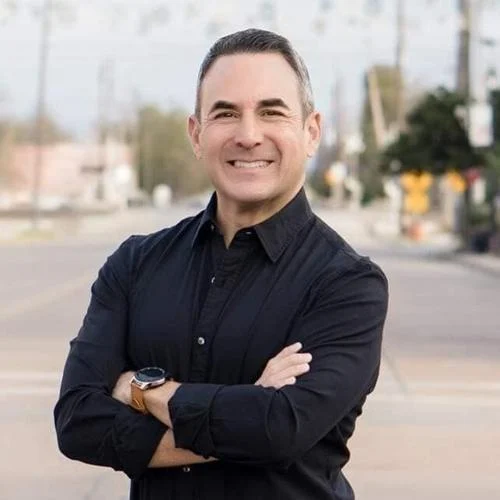
Abbott Signs $1 Billion School Voucher Bill—What It Means for Fort Bend County Schools
Texas Governor Greg Abbott is officially signing into law a controversial $1 billion school voucher bill—Senate Bill 2—that could dramatically reshape education funding across the state, including here in Fort Bend County. The bill, which creates a sweeping Education Savings Account (ESA) program, will allow parents to use state tax dollars to pay for private school tuition, homeschooling costs, and other educational services.
While Abbott and his Republican allies have touted the bill as a “school choice” victory for Texas families, many educators, public school advocates, and Democratic lawmakers are raising red flags—especially in counties like Fort Bend where public schools are not only high-performing, but also deeply rooted in the community.

(Gabriel C. Pérez | KUT News)
How the Voucher Program Works
The ESA program will provide parents with up to $10,000 per child, and as much as $30,000 for students with disabilities, to spend on education outside the public school system. Homeschooling families could also receive up to $2,000 annually for approved expenses. The program prioritizes low-income families and special needs students, but eventually opens to all income levels—including the wealthy.
Critics argue this fourth eligibility tier effectively allows millionaires and billionaires to take advantage of public funds, even as many Texas school districts face chronic underfunding and staffing shortages.
Why Fort Bend Should Be Concerned
Fort Bend ISD is among the most diverse and academically successful districts in Texas. But the implementation of this voucher system could drain significant public resources from local schools. As public funding follows students into private institutions, Fort Bend’s public schools may be left with fewer resources to support the students who remain.
Moreover, most private schools in Texas are not subject to the same academic accountability or transparency standards as public institutions. That raises major concerns about whether taxpayer dollars will actually deliver better educational outcomes—or just enrich private education providers.
Public Pushback and Political Consequences
The Texas American Federation of Teachers and other advocacy groups have held rallies across the state, calling the voucher law “an attack on public schools.” State Rep. Gene Wu (D-Houston) criticized the bill, asking why billionaires would need state help paying for private tuition. “If the point is about lifting poor people up,” he said, “then just make it about poor people.”
Still, Republicans like Rep. Brad Buckley, who authored the bill, maintain that the tiered eligibility system is data-driven and helps those in greatest need of school options.
What’s Next for Fort Bend County?
The Texas Comptroller is now tasked with creating the ESA infrastructure. Applications are expected to open by the 2026–27 school year. In the meantime, parents, educators, and taxpayers in Fort Bend must ask tough questions: Will this program benefit our community? Or will it widen the gap between public and private education?
For now, the debate is just beginning—and Fort Bend County will be on the frontlines of the fight for Texas’ educational future.
#FortBendSchools #TexasVouchers #SchoolChoice #AbbottBill #PublicEducation #ESABill #TexasPolitics #FortBendParents #EducationMatters











